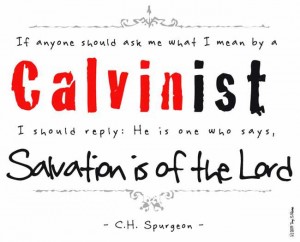Are you the worst sinner you know? How you answer that question says a
lot about your theology as well as the condition of your soul. Some
Christians find this questions to be difficult, if not inappropriate. So
let me tell you up front that I am convinced the answer to this
question, when posed to a Christian, ought to always be, "Yes. I am the
worst sinner I know." Many balk at this idea--pointing to people who
are constantly overwhelmed by guilt and find no relief. Such theology
can seem cruel. Yet when properly understood this leads to deliverance
rather than to despair. Knowing ourselves and knowing our Savior
highlights our transgressions and Christ's glories in such a way that we
are both humbled and made happy by the grace of God in Christ.
The Apostle Paul wrote of himself in a way that demonstrates what he
believed about himself. First he said he was "least of the Apostles" (1
Cor. 15:9), then "least of all the saints" (Eph. 3:8), and, at the end
of his life, he saw himself as the "foremost" of sinners (1 Tim 1:15).
This, combined with Paul's ongoing struggle with sin described in Romans
7:13-25, gives a picture of the Apostle's self-image. Though now a
saint he remained, in his own eyes, the worst sinner he knew due to his
wicked past and even his present corruption. Note what the Second London
Confession has to say about the sin nature in believers: Continue at Joe Thorn










